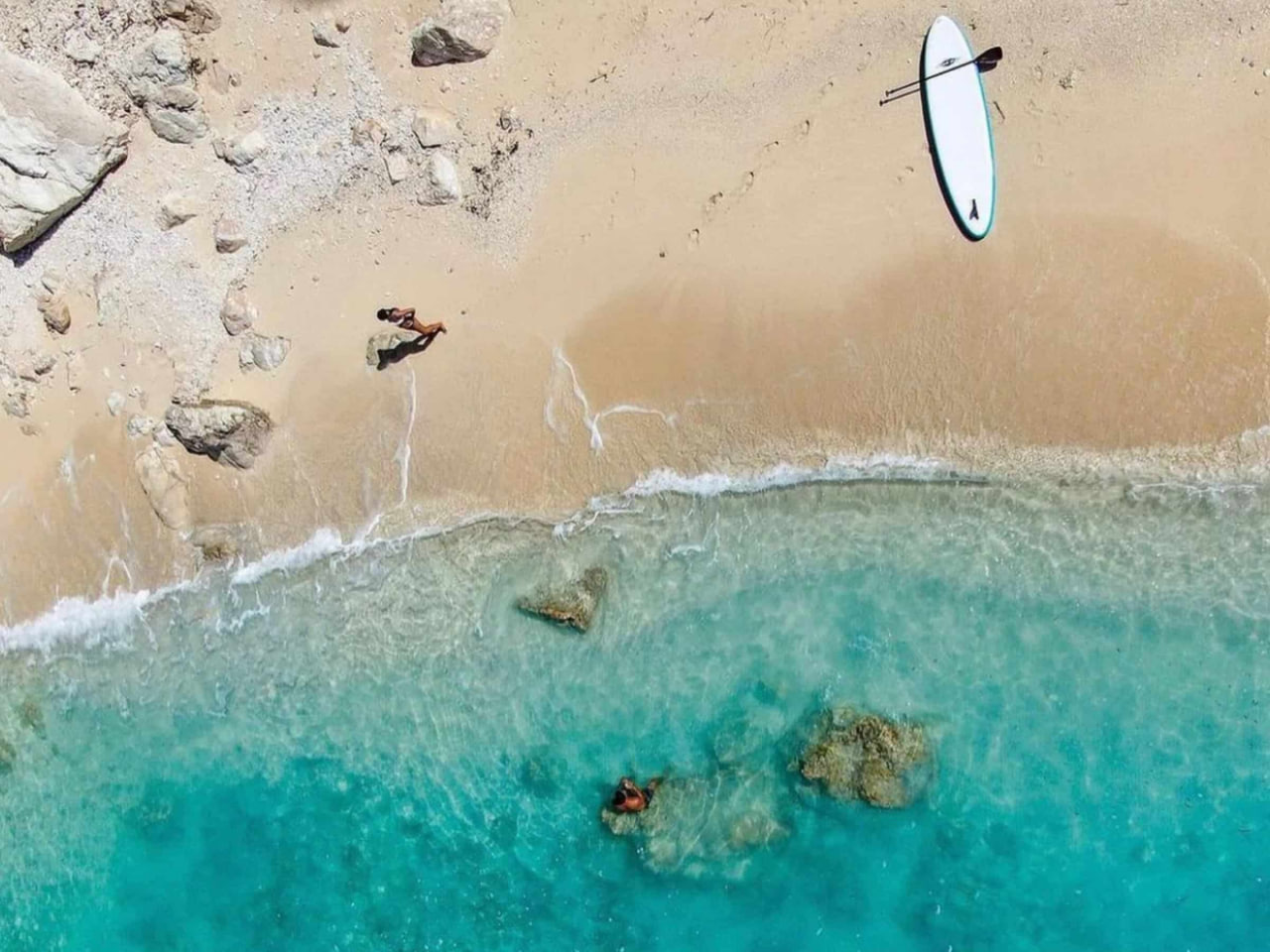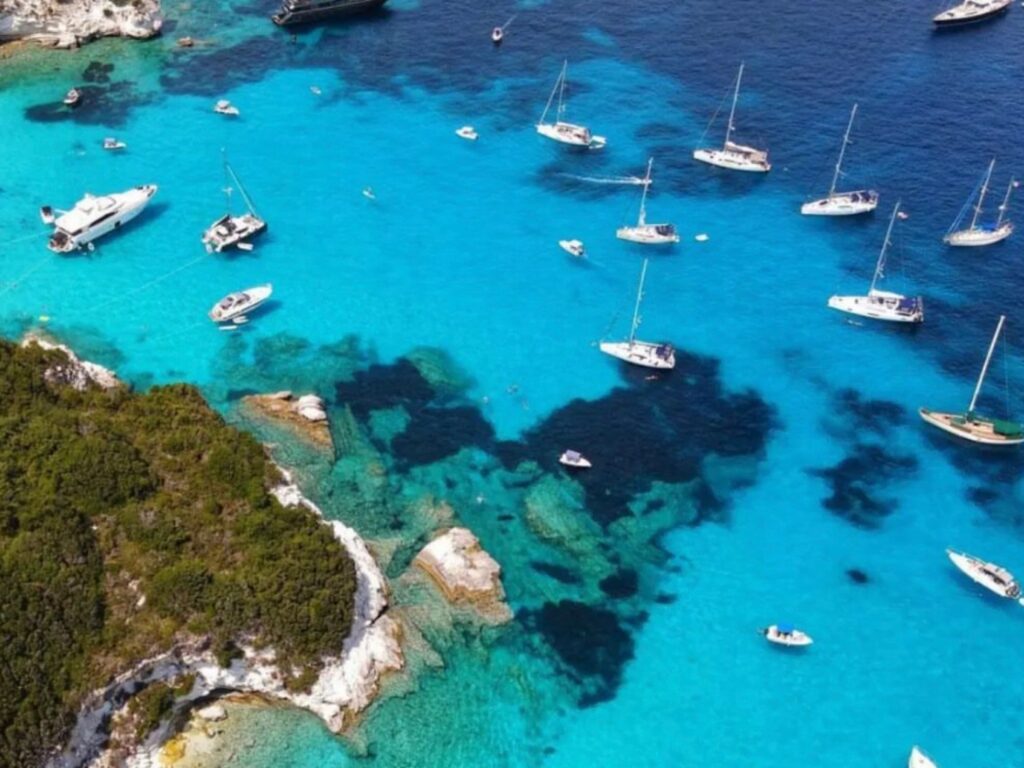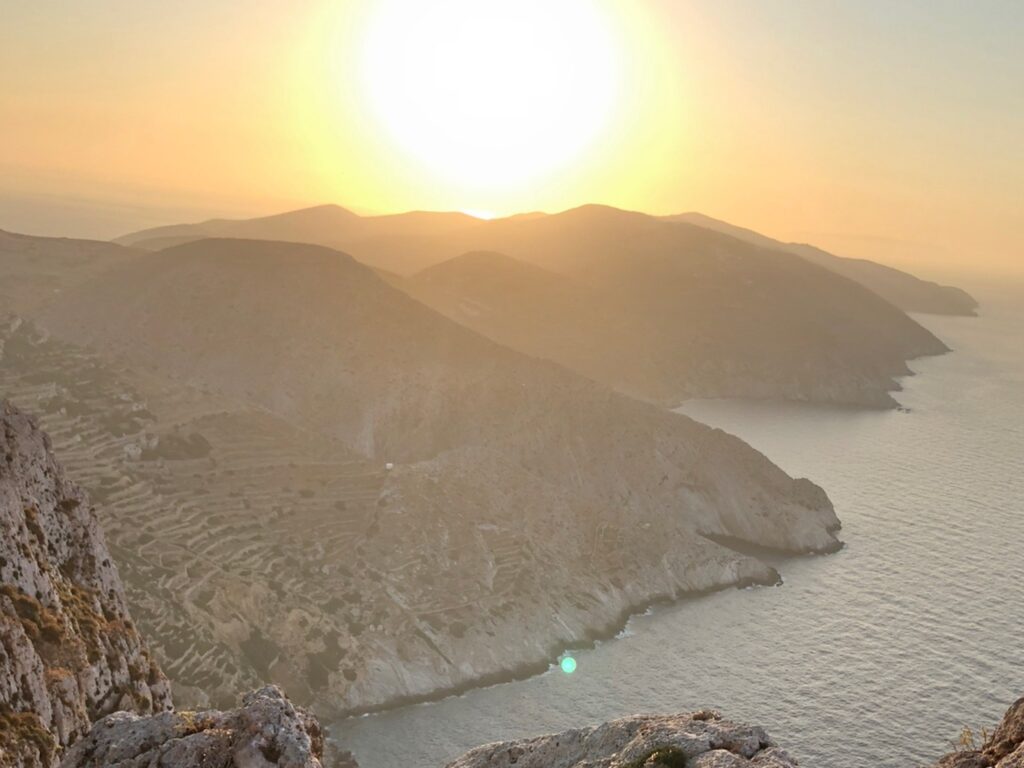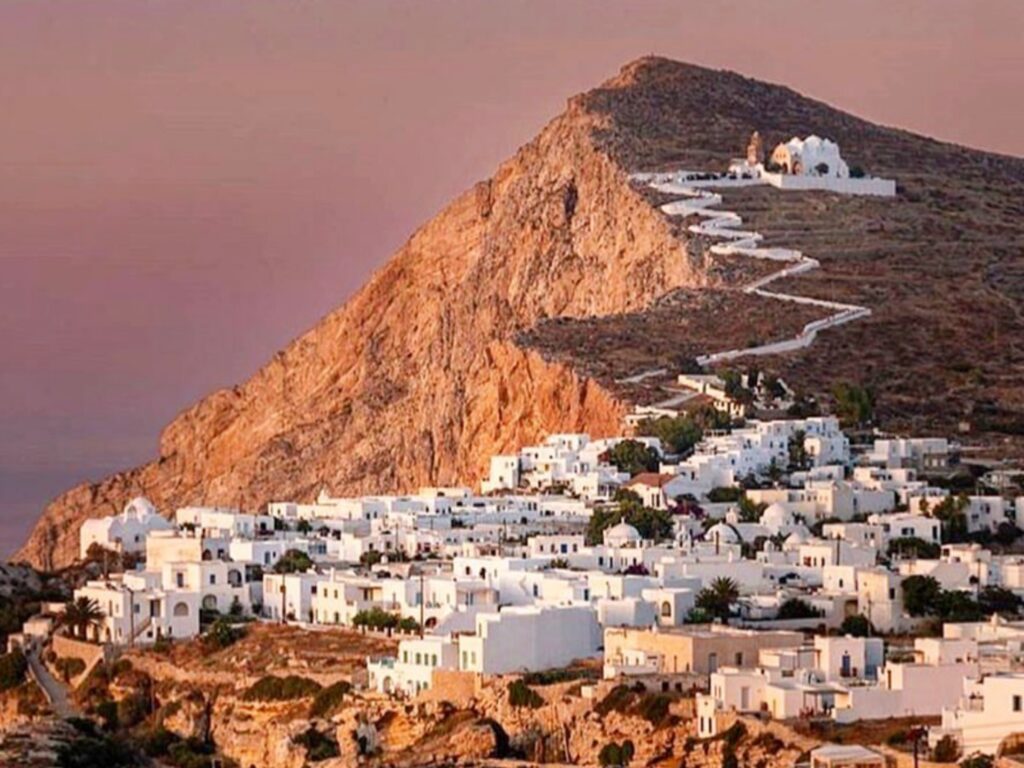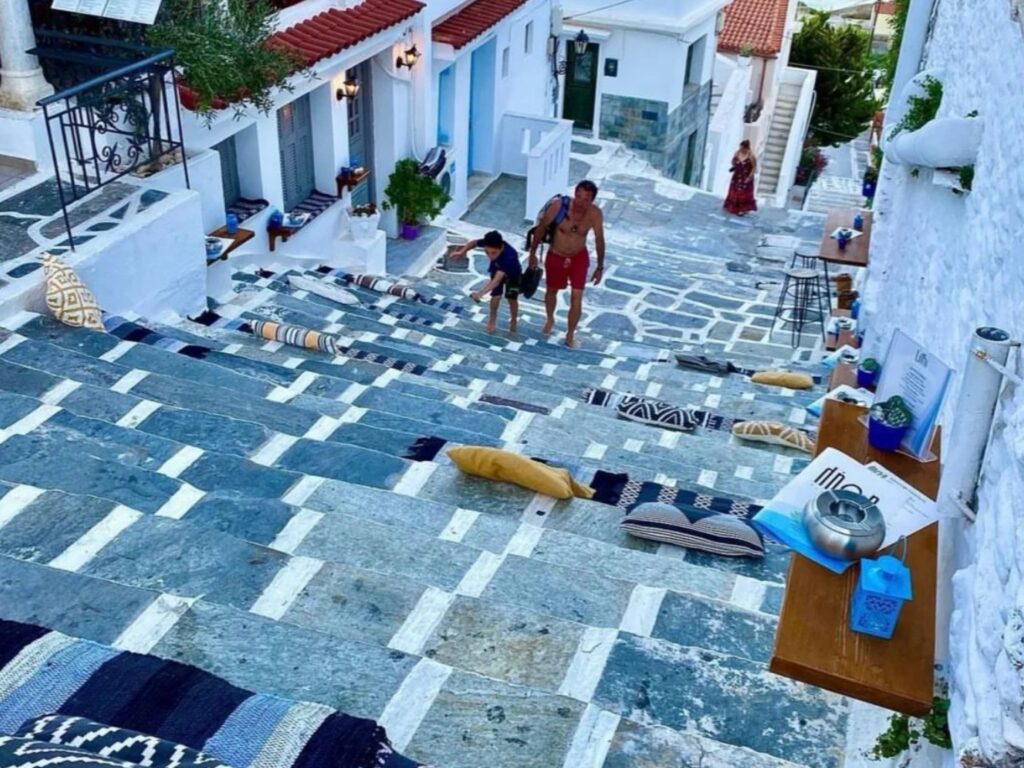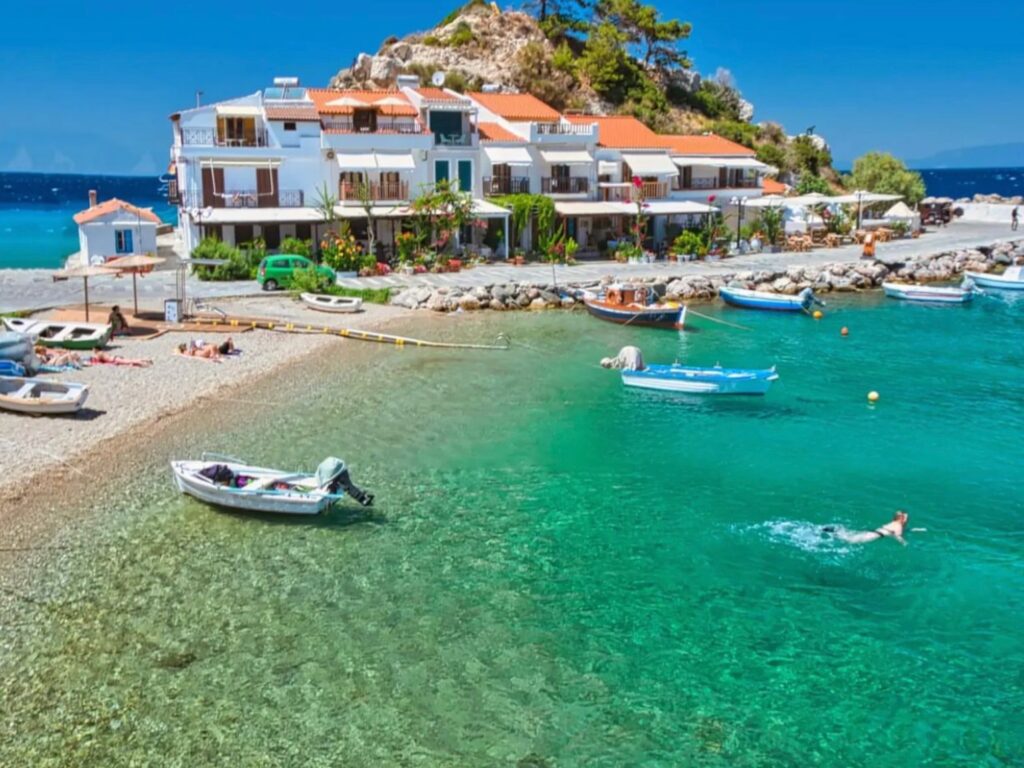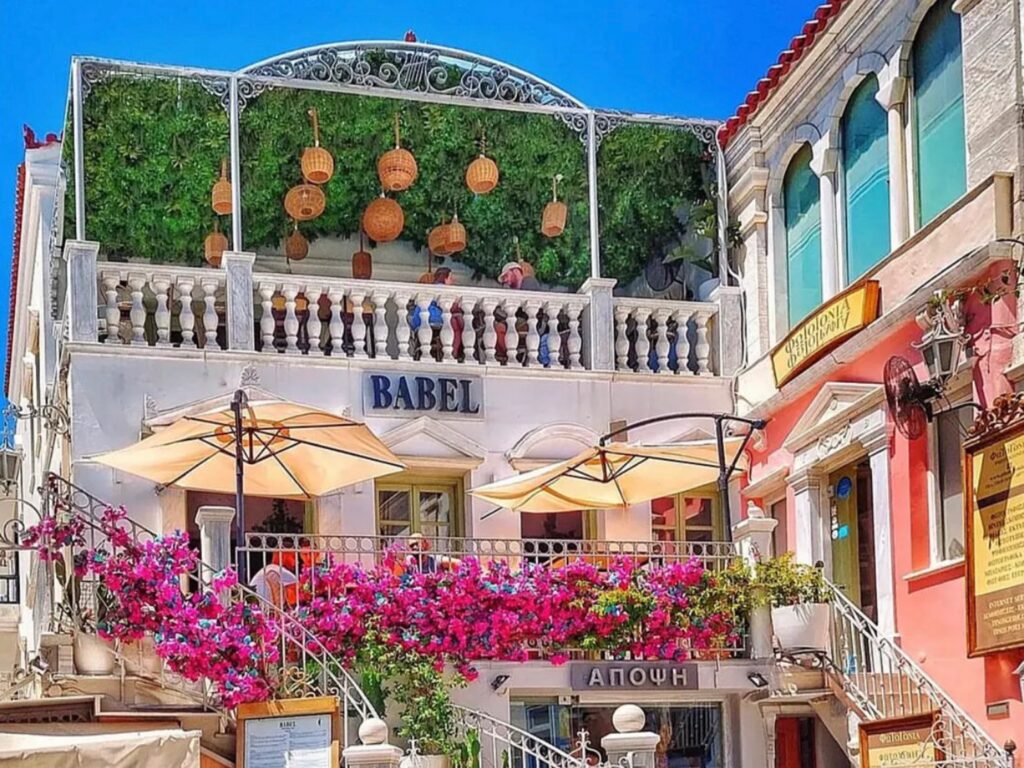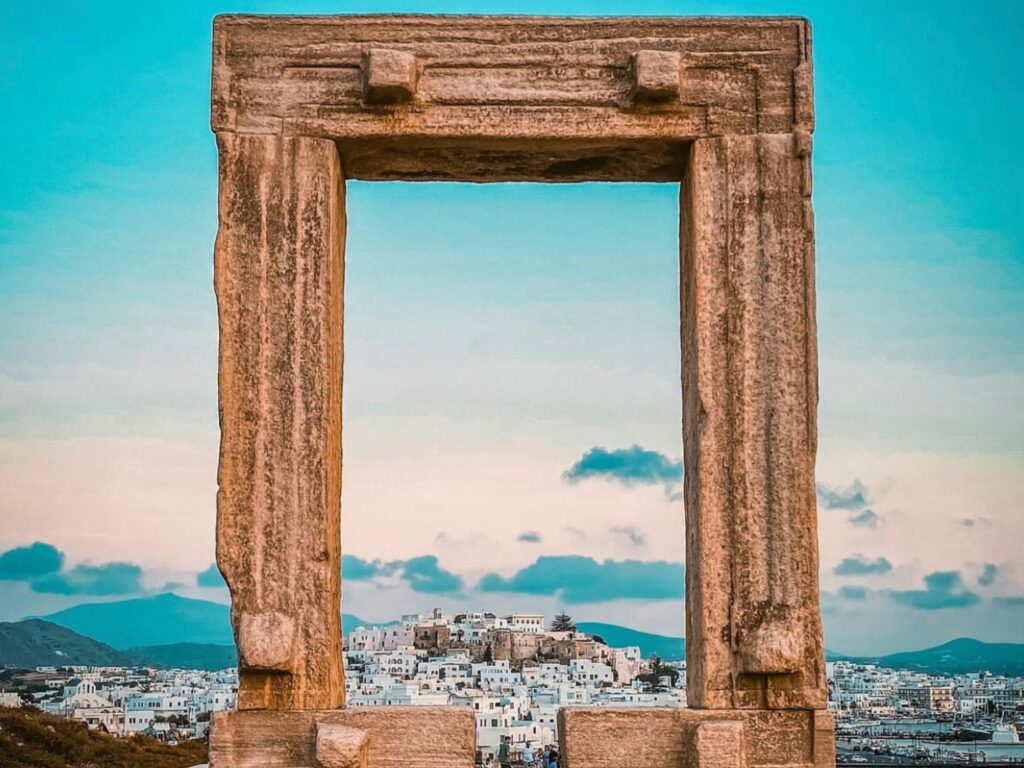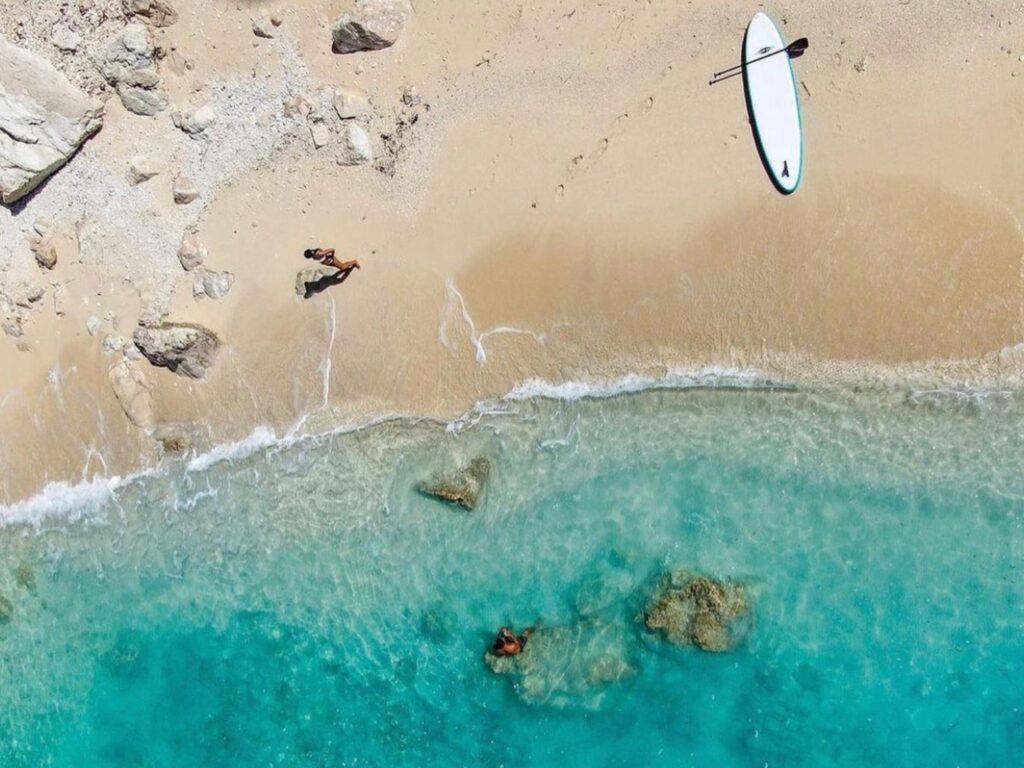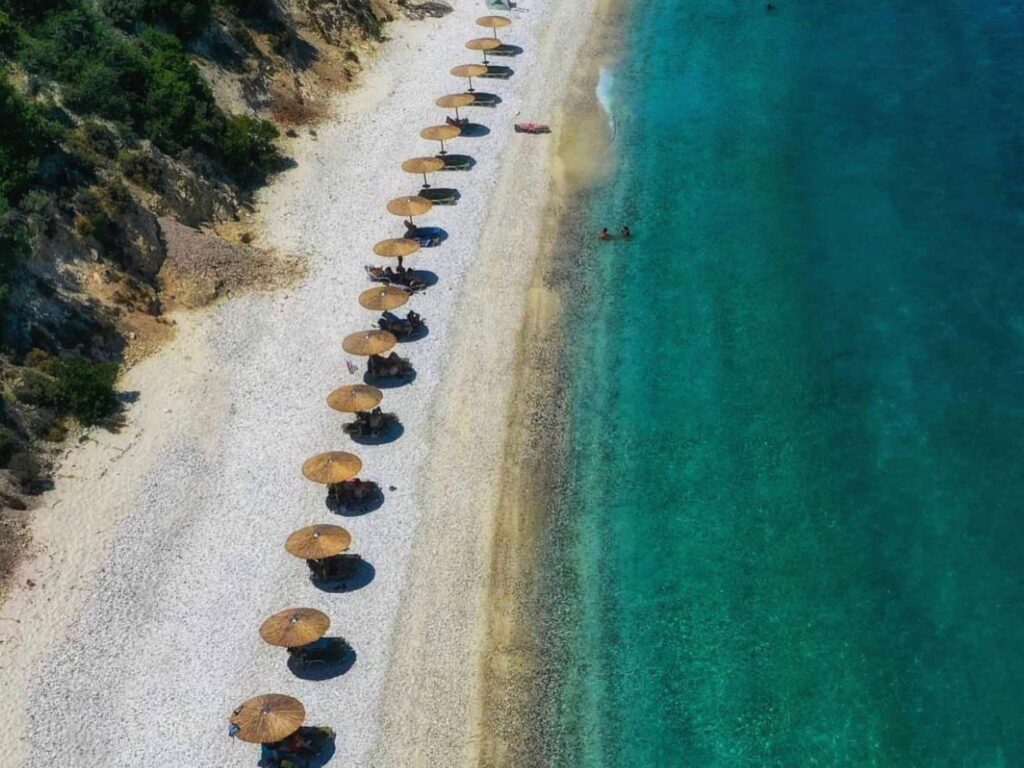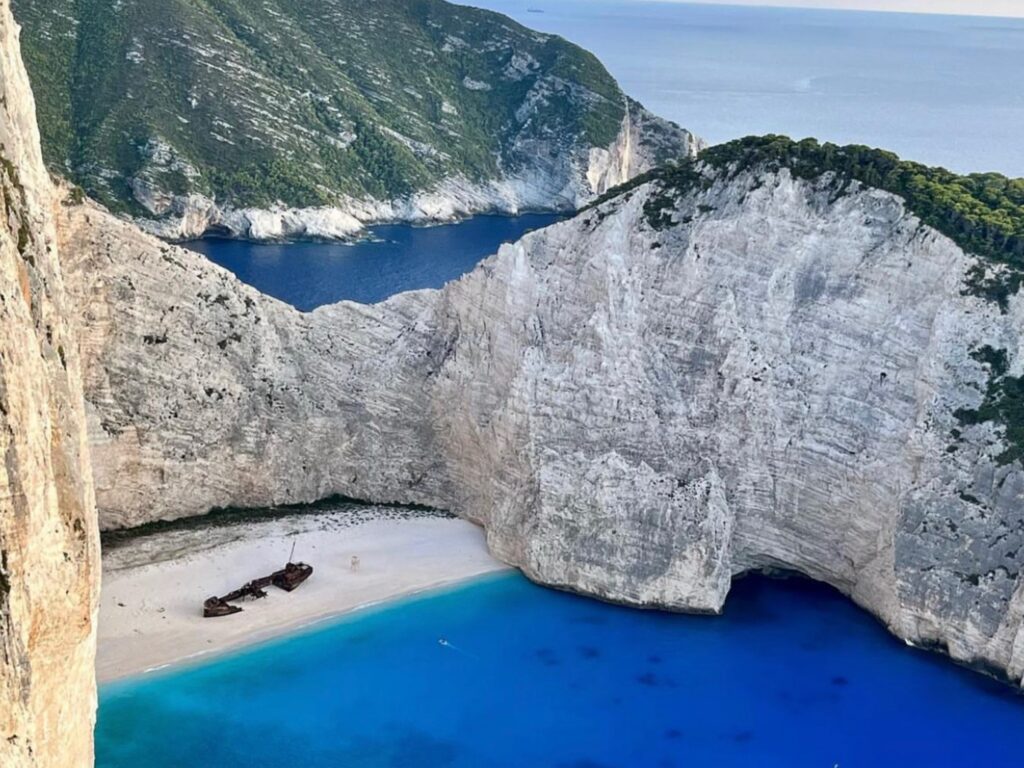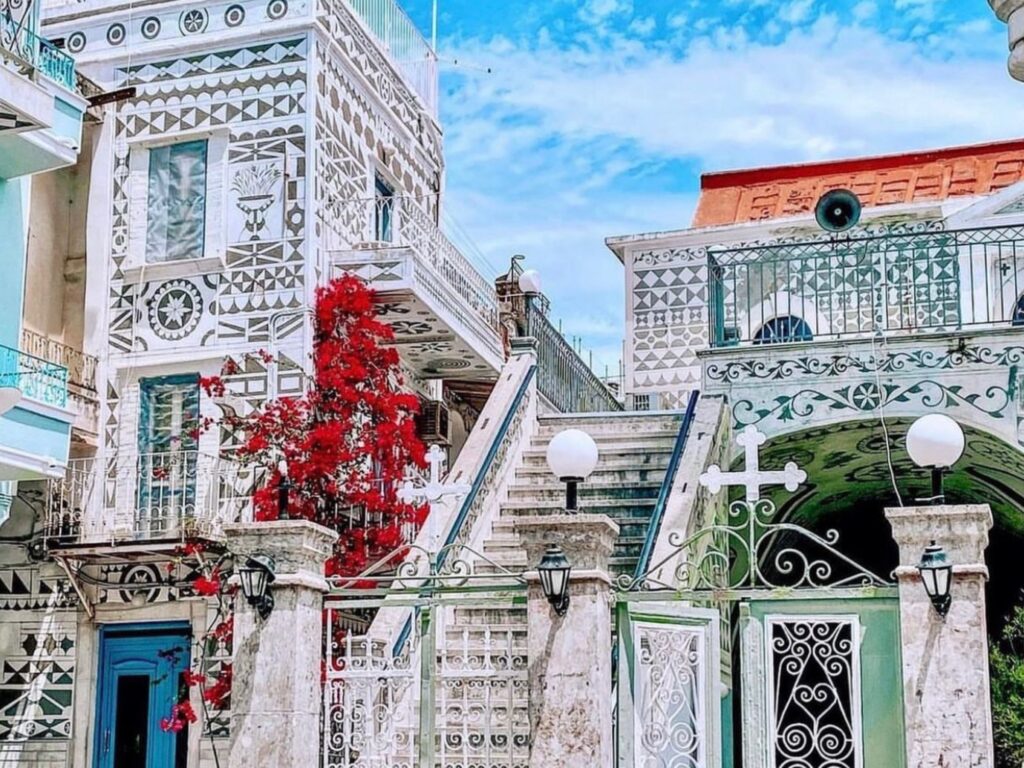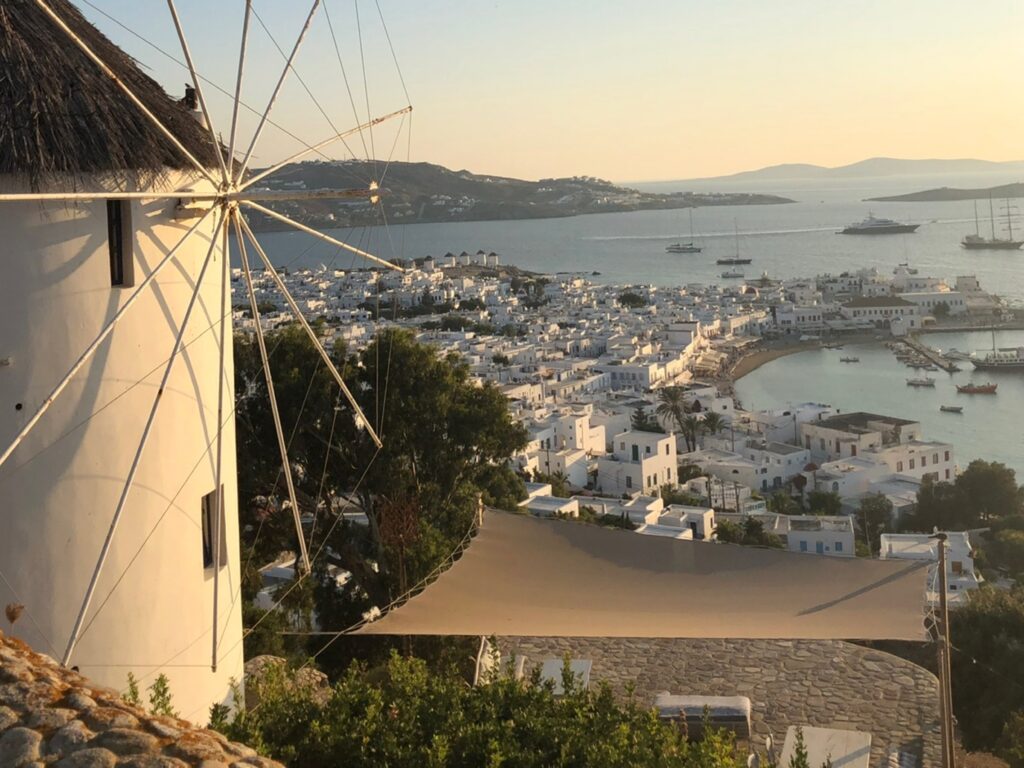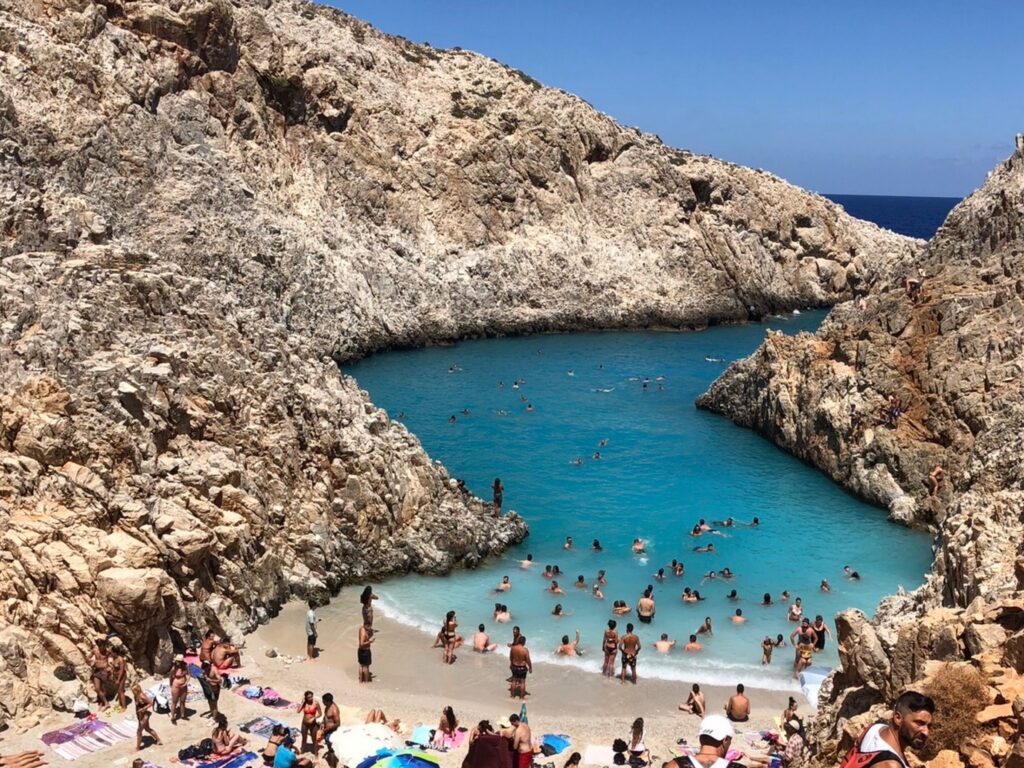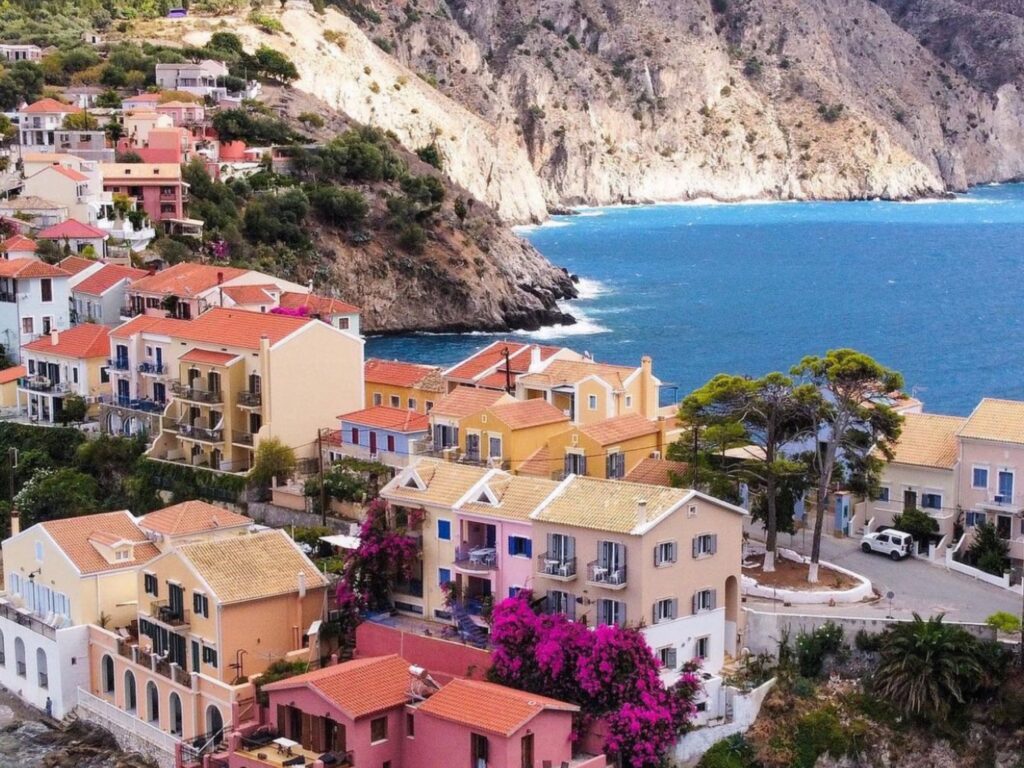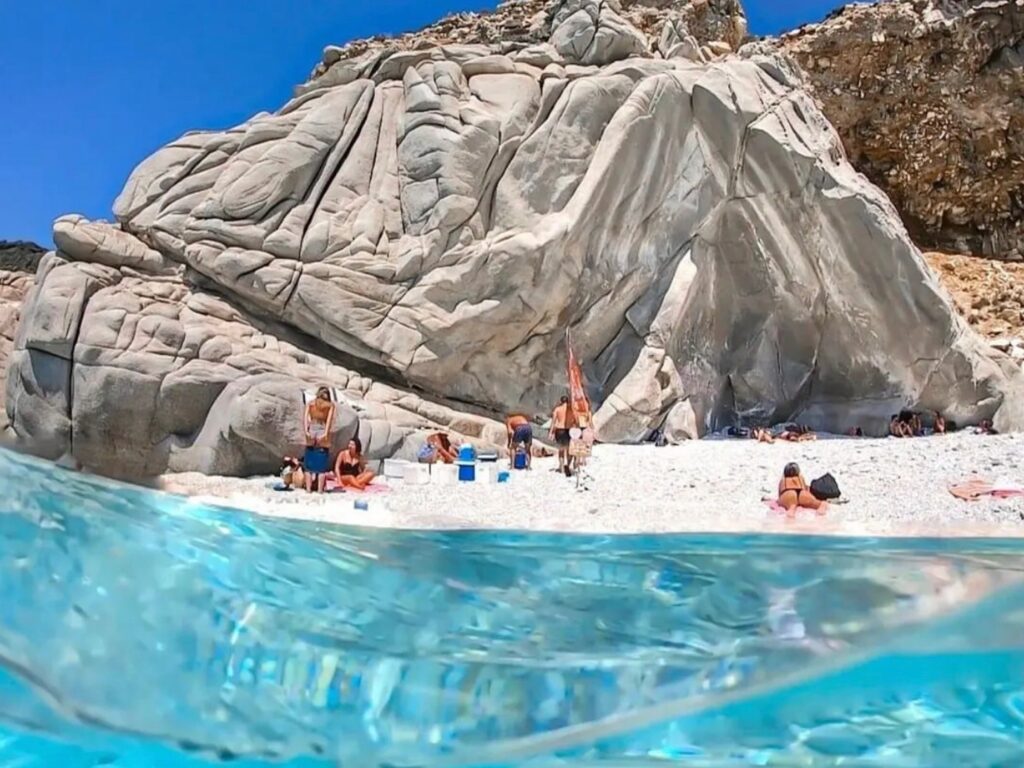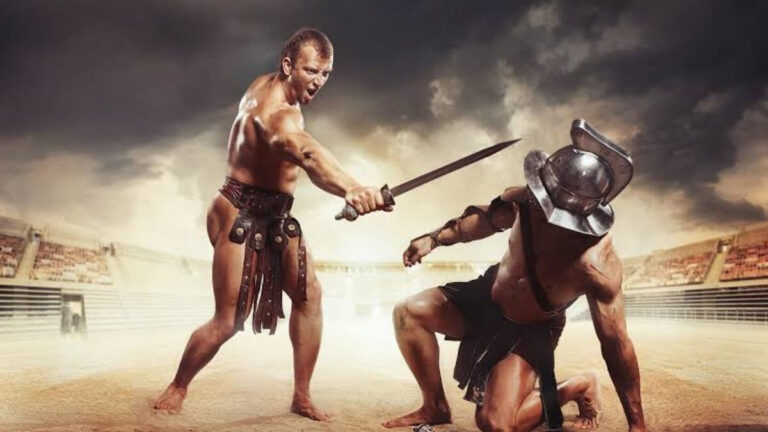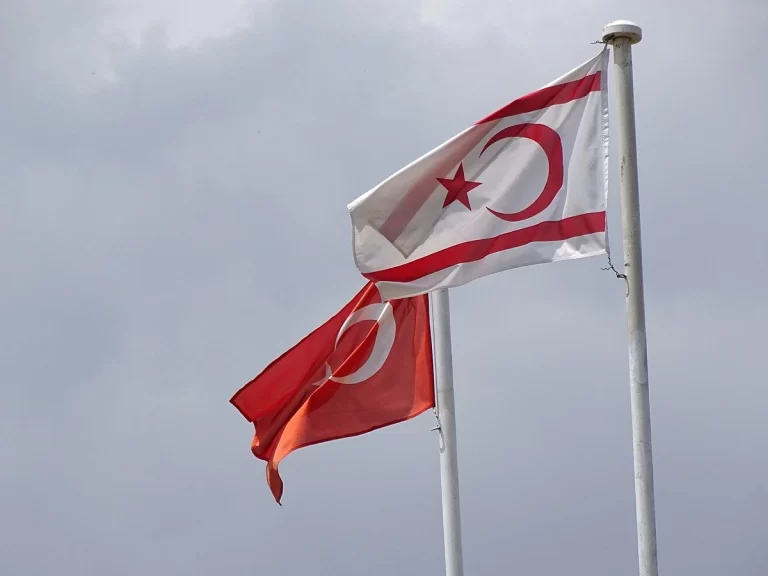With over 6,000 islands and islets scattered through the Greek seas, the Greek islands are a distinguishing feature of Greece’s morphology and an integral part of the country’s culture across the ages.
The islands offer diverse landscapes filled with an endless list of natural wonders; from beaches stretching over many kilometres, sheltered bays and coves, impressive mountainscapes, to spectacular geological formations such as volcanic rocks, lagoons, waterfalls and caves.
Like the names of cities all around the world, which tend to be derived from the name of their founder, an early leader; or a description of the flora, fauna or geographical features; the names of Greek islands are not just random.
Many Greek islands were named after mythical heroes, ancient gods and kings, providing a reminder of Greece’s ancient history and rich mythology culture.
Some big and others small, each Greek island has its own past and a story to tell about how it got its name.
Paxos
The beautiful Ionian island of Paxos takes its name from the word “passion”. According to the myth, Poseidon fell desperately in love with the sea nymph Amphitrite after he saw her dancing one day. She told him that he could only make her his if he gave her a land of her own. So the god of the sea raised his cosmic trident, cut off a piece of Corfu, where he lived with his love, Amphitrite.
Folegandros
The Cycladic island of Folegandros was originally called “Polykandros” because it had a very large population. Its mythological first settler was Folegandros, son of Minos, who brought a large population of Cretans to the island, at the same time giving it his name.
Andros
Andros or Andreas was a famous soothsayer – so great that Rhadamanthus, brother of Minos, gave him an island.
The wise king of Crete, Rhadamanthus was considered the most just man in the world and on account of his inflexible integrity, when he died he was made a judge of the Underworld. Rhadamanthus was pleased with Andros’s services so decided to gift him an entire island, which was thereafter named for him.
Samos
Rich in history and natural beauty, the island of Samos took its name from the Phonenician word “sama” which means “high”, according to the Greek geographer and historian Strabo, probably because of the mountains which cover it.
Tinos
During ancient times Tinos was known as Ophioussa, taken from the words “ophis” which means snake in ancient Greek, because of the great number of snakes that populated it; and “Ydroussa”, or hydria meaning water places, because of its abundant water. Today Tinos draws its modern day name from King Tino, the first resident of the island and chief of a group of Ioanians from Karia of Asia Minor who first inhabited the island.
Naxos
The island of Naxos in ancient times was called Dias, because it is the largest of the Cyclades and therefore took the name of the greatest of the ancient Gods. When the island was colonised by the hero Naxos, Son of Endymion the lover of the moon, it was named in honour of its ruler. Other myths testify that the island’s name was derived from the ancient Greek word “naxai”, because of the many sacrifices that took place there in honour of the gods.
Ithaca
Located in the Ionian sea, Ithaca is regarded as the home of Homer’s Odysseus. The name of the long and narrow island is derived from the word “ithys”, which means straight and long. Similarly from the word “ithys” comes the word “ichthys”, for the fish, because it is also long and narrow.
Zakynthos
Zakynthos was so named after Zacynthos, who was the son of the legendary King Dardanos of Troy. When the Trojan campaign ended, Zacynthos and his people left Troy and settled on an island that they thenceforth named after him.
Chios
Famous for its exports of mastic, the island of Chios owes its name to Chioni who, according to mythology, was Goddess of Snow and the daughter of Poseidon. According to the myth, the island was originally a desert , however when Chioni was born it began to snow and with the snow fall the island’s soil became fertile.
Mykonos
In Greek mythology, the popular island of Mykonos was said to be named after its first ruler, Mykons, a local hero who was said to be the grandson of the god Apollo. The island is also said to have been the location of a great battle between the Greek gods Zeus and Titan and where Hercules killed the invincible giants after luring them from the protection of Mount Olympus. According to the legend, the large rocks scattered over the island are said to be the petrified testicles of the giants.
Crete
The largest of the Geek islands, the name of the island of Crete, means strong and mighty. Crete was the largest sea-kingdom in the world and the centre of Europe’s first advanced civilisation, the Minoan civilisation. The island’s first guardians were the Kouretes from whom the Cretans took their name.
Kefalonia
Kefalonia took its name from the hero Cephalus, the first ruler of the island, who was an Athenian leader and son of Dionysus. After exiling himself from Athens after accidentally murdering his wife, Procis, Cephalus settled on the island where he was ruler. He never managed to recover from his grief after the death of Procris however, and so eventually committed suicide by falling from a cliff into the sea.
Ikaria
The story of Ikaria begins on Crete, where Daedalus worked as a craftsman for King Minos, constructing a labyrinth to keep the feared Minotaur trapped and under control. Wanting the monster to remain a secret to the inhabitants of the island, the king locked up Daedalus and his family so the truth could never be revealed.
Formulating an escape plan, Daedalus gathered bird feathers and made two sets of wings for himself and his son, Icarus, so that they could fly away. Unfortunately, as he soared to freedom, Icarus flew too close to the sun which melted the wax that fastened his wings. He fell into the sea and the island near to where he fell was named Ikaria, after him.
Amorgos
It is said that the name of the atmospheric island of Amorgos was derived from the amorgis plant, from which the ancients made an excellent flax which was used to make linen fabric. Hence, in ancient times, the ‘aliko amorgides’, tunics of Amorgos, were particularly popular.
Others say that Amorgos took its name from the colour of the sea that surrounds it, with “mourga” meaning oil sediment or black. The waters surrounding the island are very deep, from 256 metres on the eastern side up to 724 metres deep on the southern side.
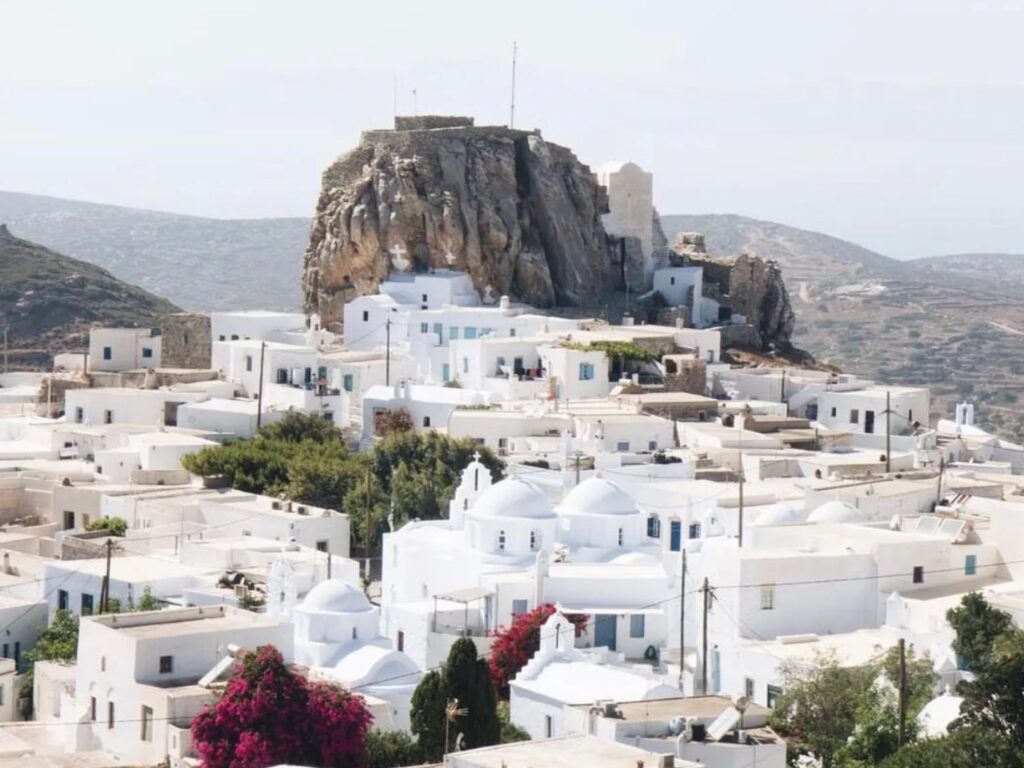
Source: Greek City Times

